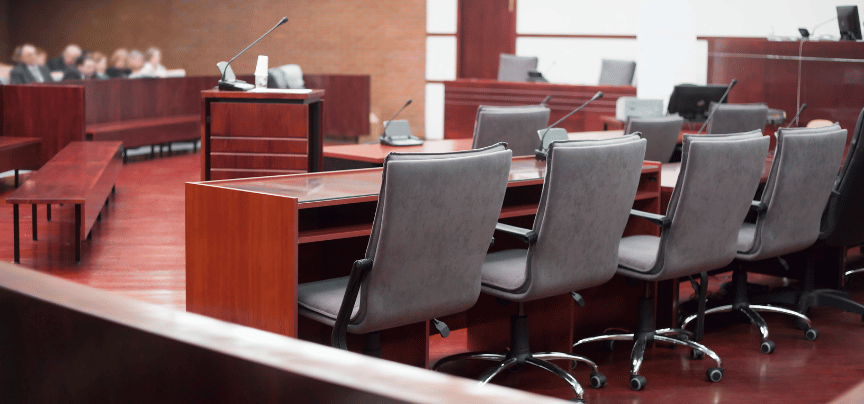
Lee Tolleson was one of the 22 sellers of military equipment arrested in early 2010 at a Las Vegas trade show as part of an undercover FBI sting operation. Represented by Joseph S. Passanise, Tolleson saw his charges dropped by federal prosecutors during his trial in Washington, D.C., in 2012. Tolleson and three other men had gone to trial accused of conspiring to bribe a foreign official.
The case involved an alleged plan to pay a commission to a sales agent, who unbeknownst to them was an undercover FBI agent, to secure a lucrative deal. After a mistrial was declared due to a deadlocked jury, the charges against Tolleson were finally dismissed.
The Undercover Operation:
The Justice Department had announced the string of indictments two years prior, stating that the defendants had agreed to pay a commission to a sales agent posing as the defense minister of an African country. The goal was to secure a $15 million deal to outfit the presidential guard. However, the sales agent turned out to be an undercover FBI agent, and no defense minister was involved in the scheme. This revelation would eventually play a significant role in the case’s outcome.
The Deadlocked Jury:
Following five weeks of testimony, the jurors became hopelessly deadlocked on charges against all four defendants, leading the judge to declare a mistrial. In an unprecedented move, the judge allowed the jurors to disclose specific details, including their deadlock of 11-1 in favor of acquitting Tolleson.
The trial for another group of men arrested in the sting also ended in a hung jury. Attorney Joseph S. Passanise, who represented Tolleson, believed that the charges were dropped because federal prosecutors realized they couldn’t win what had become a “test” case for enforcing the rarely used Foreign Corrupt Practices Act of 1977.
The Motion to Dismiss:
In the government’s motion to dismiss the indictments against Tolleson and the remaining defendants, prosecutors considered the outcomes of the trials, the impact of legal rulings, and the resources required for further prosecution. Citing the circumstances, the government concluded that continued prosecution of the case was not warranted.
The Allegations and Tolleson’s Defense:
Lee Tolleson served as the director of acquisitions and logistics under Daniel Alvirez, the president of ALS Technologies. The company manufactured lethal and nonlethal weapons for the military and law enforcement. Alvirez had already pleaded guilty to two conspiracy counts and awaited sentencing.
Tolleson’s defense argued that he was merely following Alvirez’s orders and had no intention of committing a crime.
The case of Lee Tolleson took an unexpected turn when federal prosecutors dropped the charges against him. This decision followed a deadlocked jury and a mistrial. While the government cited various factors in its motion to dismiss the indictments, the case serves as a reminder of the complexities and controversies surrounding undercover operations and the challenges faced by both prosecutors and defense attorneys in cases involving allegations of corruption.
